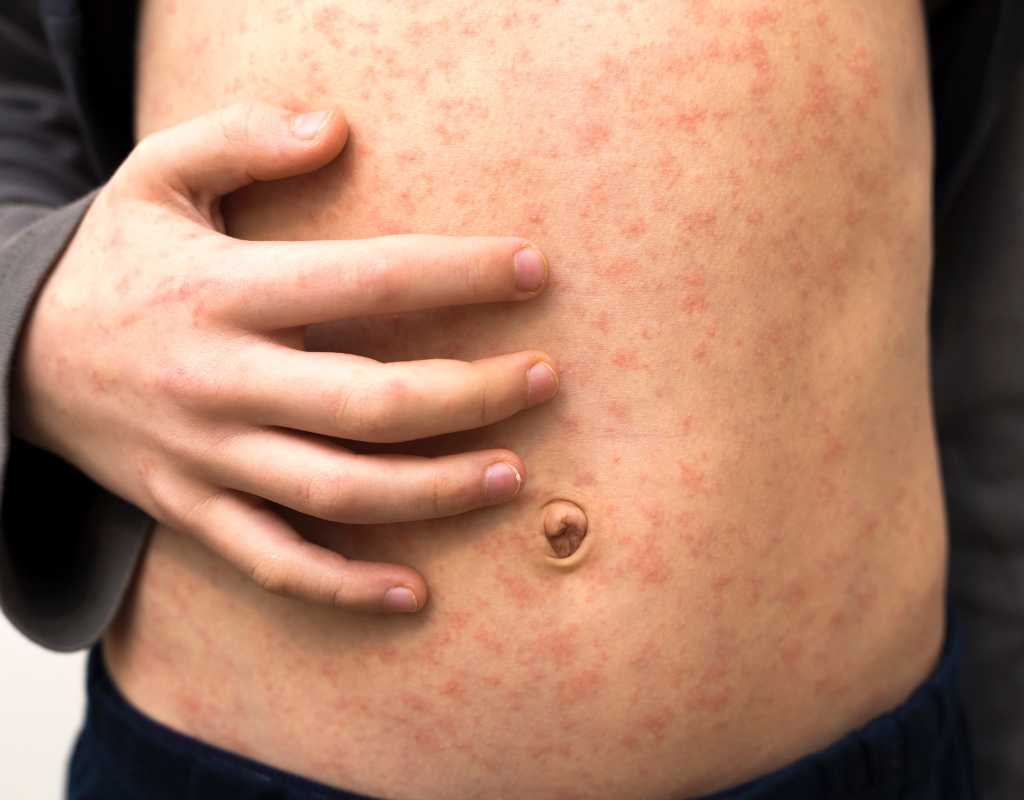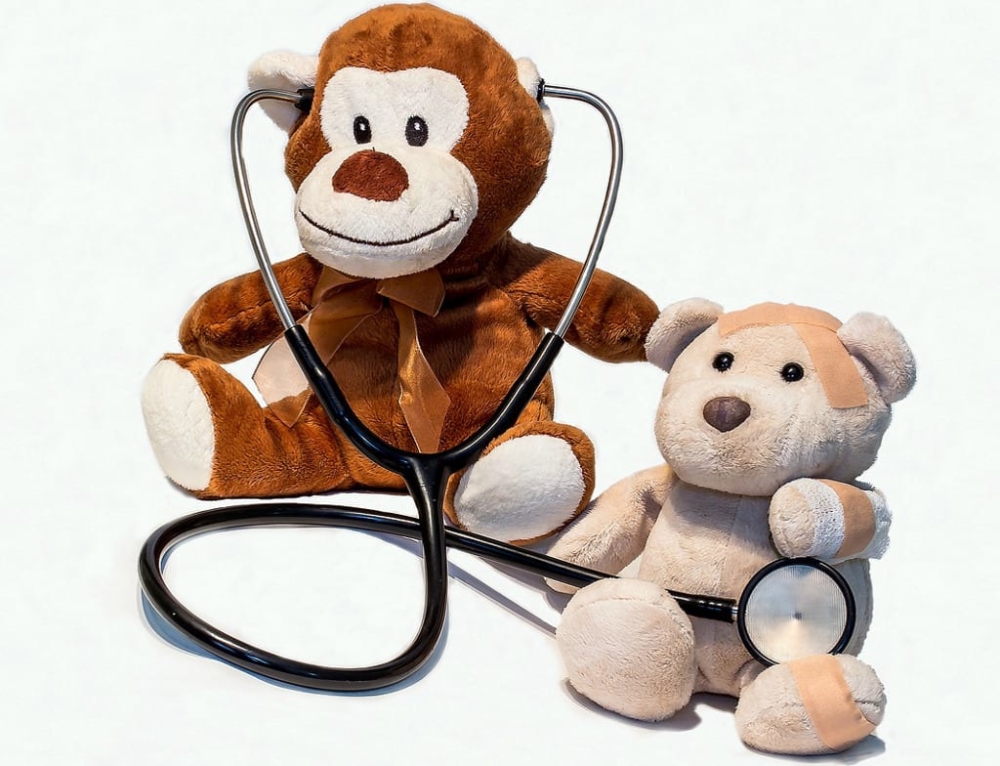Originally published: 19th May 2025
Measles is a highly contagious viral illness that poses serious health risks, particularly to children and unvaccinated individuals. With recent global outbreaks, it’s crucial for parents to understand the disease, its symptoms, and the importance of vaccination.
Measles is caused by a virus that lives in the mouth and nose of those who are infected. When an infected person coughs, sneezes, or even just talks or breathes, the virus can enter the air. People can contract measles just from being in the same room as an infected person, by entering an area that an infected person has recently left (up to two hours later), or by touching surfaces that are contaminated by snot or saliva.
Recent global outbreaks
Measles cases are rising globally, with significant outbreaks reported in various regions:
- United States: Over 1,000 cases reported in 2025, marking a significant increase compared to previous years
- Australia: Experiencing a resurgence, with cases surpassing those reported in 2023 and 2024
- Global: In 2023, an estimated 10.3 million people were infected with measles worldwide
Symptoms and complications
If you contract measles, you will likely feel very unwell, and it can take a couple of weeks to recover. Your immune system may also be weakened and you may find that you are more susceptible to infectious illnesses for months or even a few years afterwards.
First indications of the measles virus can include a cough, runny nose, watery eyes (conjunctivitis), tiny white spots inside the mouth, headache, and a fever. Around four to five days after contracting the illness, a blotchy red rash tends to appear on the face, chest and arms. The patient will be infectious from around five days before and until five days after the rash appears.
Complications from measles are common and, in some cases, can be serious. One in three people will often require hospital care. Complications can include:
- ear infections
- diarrhoea
- pneumonia
- encephalitis (categorised by swelling of the brain, this is rare but can cause permanent brain damage or death)
Immunisation in New Zealand
Immunisation with the MMR (measles, mumps, and rubella) vaccine is the best way to protect yourself and your family. Usually, the first dose of the MMR vaccine is given at 12 months of age, followed by a second dose at 15 months old. The MMR vaccine is free for everyone under 18, regardless of immigration status, and for adults eligible for funded healthcare.
If you are unsure of your vaccination status, or that of your child, your GP clinic should be able to check their records. Adults need to be up to date with MMR vaccinations to protect themselves and their community. If you missed out on your childhood vaccination, two doses are recommended, a minimum of four weeks apart.
Stopping the spread
If you contract measles, the Ministry of Health advice is to isolate yourself to protect vulnerable people, like babies, pregnant women, and those with compromised immunity or those who cannot be immunised. You should remain isolated until five days after the rash appears.
If you suspect you have measles, you should call your doctor and inform them of the potential for measles before visiting the clinic. Alternatively, call Healthline on 0800 611 116, for advice.
Can you get measles more than once?
No. Once you’ve had measles, your body develops immunity. Similarly, receiving two doses of the measles vaccine provides long-term protection.
For more information on measles, visit our family health section.
Did you get measles when you were a child?
See more:
 Written by Julie Lankow
Written by Julie Lankow
Julie is Editor for Kidspot NZ and our MVP. Her hobbies include laughing uncontrollably at her own jokes, annoying her family by asking questions about movie plots, and never taking anything too seriously.
Favourite motto to live by: “It ain’t nothing but a thing”







So glad both my kids are protected with MMR. But am starting to question if I am covered. I can’t find my records and I’m a bit scared to ask. I’m not very good with needles 🙄 but I know I need to do something about it.
Both my children have had their immunisations, and my husband and I have had one when we were younger. We haven’t had measles as children but I was talking to my Dad, 65 this year, who had measles when he was younger. He told me, as one of 14 children, there were three or four of the children all had measles at one time. They were put together in one room and treated together – kept away from the other siblings. I believe we all need to take the right steps to keep ourselves and others safe.
My kids are all fully vaccinated but I know quite a few families that are against vaccination, I personally don’t think that it’s worth the risk especially when there are outbreaks like this. I had measles as I child, my brother had it several times as his body didn’t seem to be able to build an immunity to it
Just heard that it’s indeed spreading and I’ve just set an appointment recently for my 4 year old (who is just turning 4 in a few days). I think this is especially important to be done before the school holidays when travel is more common around the country. I do hope people are getting vaccinated for this, even adults.
Our daughter is only two months old so it is scary to hear all the news about the measles around the country. I hope that more can be done to keep this under control 🙁
This is scary how it came to (NZ) measles. My children are all fully immunised but it’s the babies and others who can’t be immunised it would be a very worrying time for those parents and people. I have never had measles as was vaccinated as a child too.
Not great reading about this outbreak 🙁 my 6 year old is fully immunised thankfully – her school even called me last week to check as they said they didn’t have her immunisation record on file, so I took her Plunket book in to copy! Hopefully it won’t increase in numbers and keep our wee ones safe